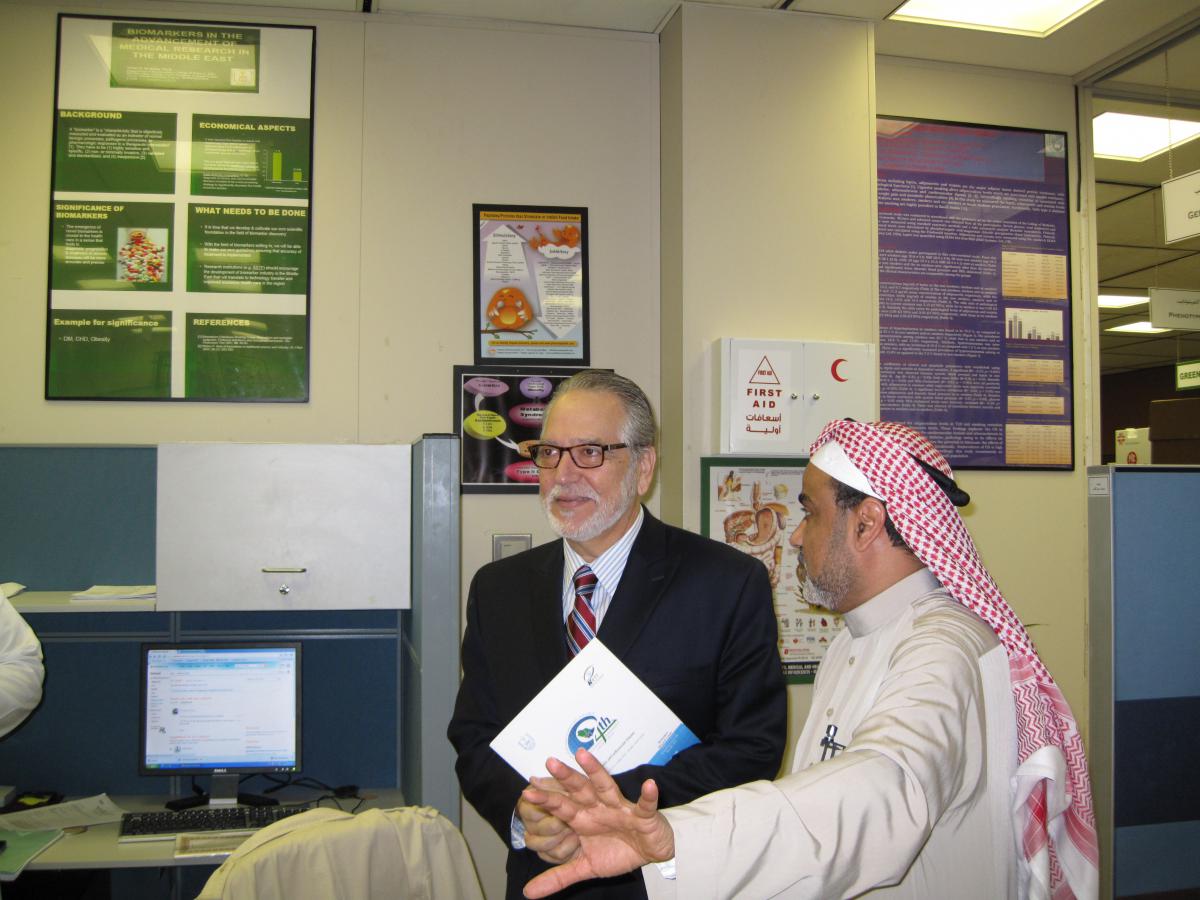George P. Chrousos
Prof. George P. Chrousos

Google Scholar: https://scholar.google.com/citations?user=rMgCyBUAAAAJ
George P. Chrousos is professor and chairman of the Department of Pediatrics at the Athens University Medical School, Greece. He was senior investigator, director of the Pediatric Endocrinology Section and Training Program, and chief of the Pediatric and Reproductive Endocrinology Branch of the National Institute of Child Health and Human Development (NICHD), National Institutes of Health (NIH). He is also clinical professor of Pediatrics, Physiology and Biophysics at Georgetown University Medical School and distinguished visiting scientist, NICHD, NIH. Dr. Chrousos was the first general director of the Foundation of Biomedical Research of the Academy of Athens (2001–2002). He holds the UNESCO Chair on Adolescent Health Care and held the John Kluge Chair in Technology and Society, Library of Congress, Washington, D.C.
Chrousos is among the 250 most prominent clinical investigators in the world. He has authored more than 1100 scientific publications, has edited 29 books and his work has been cited over 74,000 times. According to the ISI, he is the highest cited clinical pediatrician and endocrinologist in the world. According to Google Scholar Citations he is the 37th most cited scientist in the world.



Joint Research with the chair:
- Sex-specific expression of apolipoprotein levels following replenishment of vitamin D.
- Research update for articles published in EJCI in 2015.
- Sex-specific vitamin D effects on blood coagulation among overweight adults.
- Serum 25-hydroxyvitamin D status among Saudi children with and without a history of fracture.
- Association between promoter region genetic variants of PTH SNPs and serum 25(OH)-vitamin D level.
- Sensitivity of various adiposity indices in identifying cardiometabolic diseases in Arab adults.
- Vitamin D and cardiovascular risk among adults with obesity: a systematic review and meta-analysis.
- Vitamin D Deficiency and Cardiometabolic Risks: A Juxtaposition of Arab Adolescents and Adults.
- Association of Type 2 Diabetes Mellitus related SNP genotypes with altered serum adipokine levels and metabolic syndrome phenotypes.
- Habitual physical activity is associated with circulating irisin in healthy controls but not in subjects with diabetes mellitus type 2.
- Vitamin D status in Saudi school children based on knowledge.
- Non-high-density lipoprotein cholesterol and other lipid indices vs elevated glucose risk in Arab adolescents.
- Whole serum 3D LC-nESI-FTMS quantitative proteomics reveals sexual dimorphism in the milieu intérieur of overweight and obese adults.
- Stress and cardiometabolic manifestations among Saudi students entering universities: a cross-sectional observational study.
- Perceived stress scores among Saudi students entering universities: a prospective study during the first year of university life.
- Association of dietary fatty acids intake with pro-coagulation and inflammation in Saudi Adults.
- Association between type 2 diabetes mellitus-related SNP variants and obesity traits in a Saudi population.
- Maternal inheritance of circulating irisin in humans.
- Irisin as a predictor of glucose metabolism in children: sexually dimorphic effects.
- Vitamin D supplementation in patients with diabetes mellitus type 2 on different therapeutic regimens: a one-year prospective study.
- Visceral adiposity index is highly associated with adiponectin values and glycaemic disturbances.
- Normal circulating PTH in Saudi healthy individuals with hypovitaminosis D.
- Soluble CD163 is associated with body mass index and blood pressure in hypertensive obese Saudi patients.
- Tea and coffee consumption in relation to vitamin D and calcium levels in Saudi adolescents.
- Assessment of selected nutrient intake and adipocytokine profile among Saudi children and adults.
- Vitamin D supplementation as an adjuvant therapy for patients with T2DM: an 18-month prospective interventional study.
- Effect of physical activity and sun exposure on vitamin D status of Saudi children and adolescents.
- Circulating leukocyte telomere length is highly heritable among families of Arab descent.
- Vitamin D deficiency and calcium intake in reference to increased body mass index in children and adolescents.
- Hypovitaminosis D associations with adverse metabolic parameters are accentuated in patients with Type 2 diabetes mellitus: a body mass index-independent role of adiponectin?
- Modest reversal of metabolic syndrome manifestations with vitamin D status correction: a 12-month prospective study.
- Increased vitamin D supplementation recommended during summer season in the gulf region: a counterintuitive seasonal effect in vitamin D levels in adult, overweight and obese Middle Eastern residents.
- Diabetes mellitus type 2 and other chronic non-communicable diseases in the central region, Saudi Arabia (Riyadh cohort 2): a decade of an epidemic.
- Parent-offspring transmission of adipocytokine levels and their associations with metabolic traits.
- Decreasing prevalence of the full metabolic syndrome but a persistently high prevalence of dyslipidemia among adult Arabs.
- Severe hypovitaminosis D is widespread and more common in non-diabetics than diabetics in Saudi adults.
